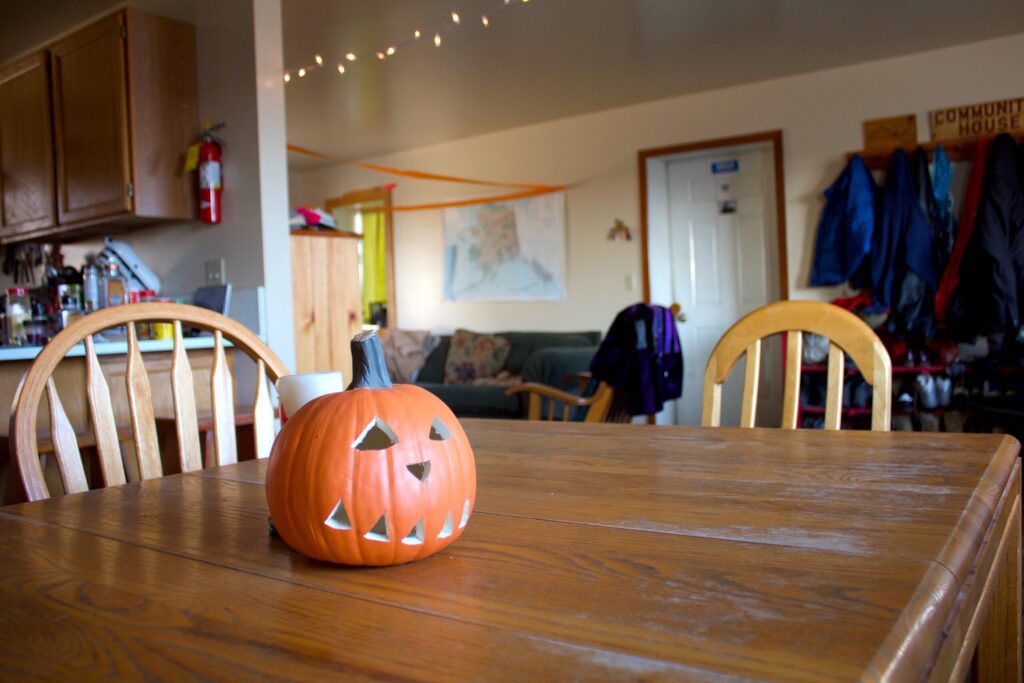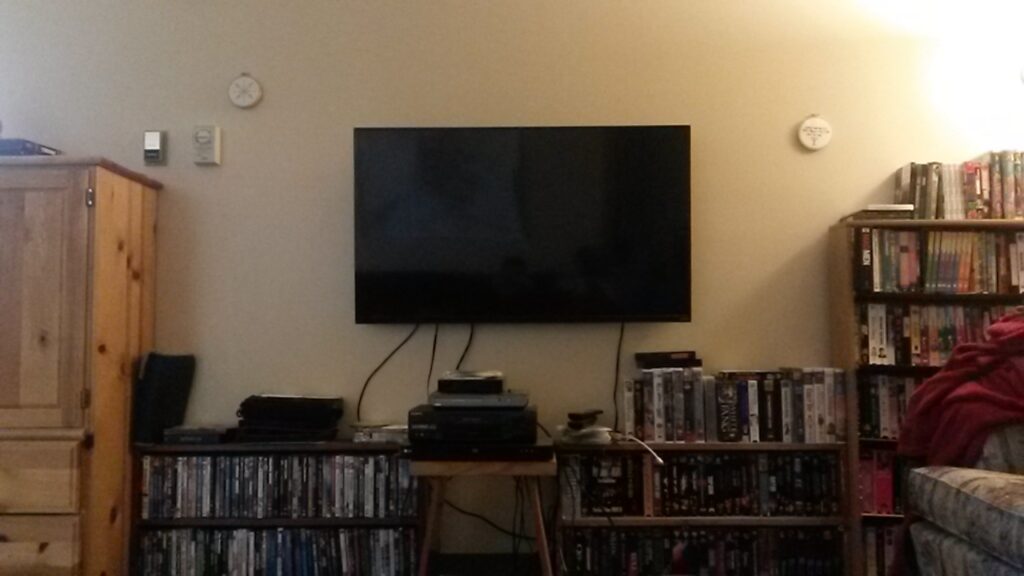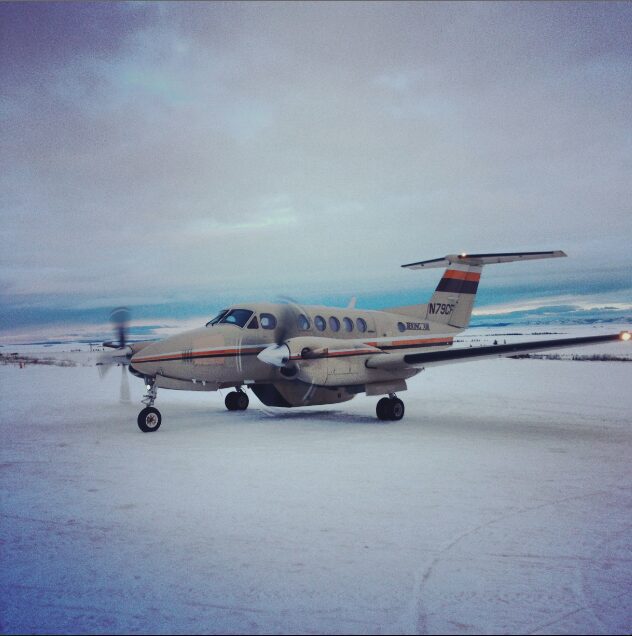My job description says I’m an interviewer.
It requires me to stick a microphone in someone’s face and ask them to be honest with one complete stranger so that their story can then be broadcast to hundreds of people. It’s a lot to ask of someone, and I dread asking. I get a deep, sinking feeling each time I approach someone with my recorder, a wave of self-doubt and an incessant need to apologize.
Great characteristics for a journalist to possess, right?
When I left for my first village trip to Koyuk for a Story49 interview, I had a lot of those same feelings. Is my job really serving Western Alaska? Am I too much of an outsider in the region to be able to grasp the cultural and historical context of this place?

When I arrived, Mary, the principal I was there to interview, was in the midst of a very busy day and week, so I tried to stay out of the way until she had some time to chat. I sat myself down in the main hub of the school where the 100 students, grades K-12, passed through at some point during the day.
The cook came out of the kitchen looking for her helper to wash the dishes.
“I can help,” I offered. “I’m not doing anything.”
“Well, I get paid for this, so I’ll do it. But you can keep me company!” She replied.
And so I did. We chatted in the kitchen about everything from how she was born in a tent years ago thanks to the community’s help, the lack of jobs in the area, struggles with alcoholism, her hopes for her daughter, and security in her village. I was tempted to ask her for an interview, but I knew the minute a microphone was brought into the picture, our relationship would shift, the conversation would become stunted.
Throughout the three days I was there, I found myself enthralled in beautifully open conversations. I learned about the dreams of the only graduating senior in the village; I listened to the love story of a woman who recently moved from Indiana; and the oldest elder in the village chastised me for my bright red jacket.
At night, I spoke through glass with the students who banged on my window. I judged the Halloween costume contest, and I helped clean up after parent-teacher conferences. I stood and looked over the frozen water, rode on the back of four-wheelers, and was awestruck at the sight of trees. I reminded myself that I was a visitor, and I tried to participate in the wonderful community that generously hosted and welcomed me, even if it was just for a few days.

When it was time to turn the recorder on, I felt as though I had gained a better understanding of the place I was visiting through living versus solely working. Of course, it wasn’t a complete understanding (that, I believe, is impossible), but it was, at least, the type that lends itself to developing better questions.
Maybe I’m not enough of a fearless, shameless, completely objective journalist, but I never wanted to be that type. I have learned to put human-to-human conversations before journalist-to-subject conversations. I’ve learned to value that sinking feeling, that self-doubt and dread that comes before doing an interview. I think it’s normal. I think it’s a reminder that I’m not there to just take someone’s stories — I’m there to listen, to empathize, to tell a few of my own. I’m there for those moments of vulnerability and candidness, those glimpses of the human spirit. That’s what motivates me to keep on interviewing and navigating what it means to do the job I’m here to do.
And when the day’s done, I’m grateful I’m able to do it.







